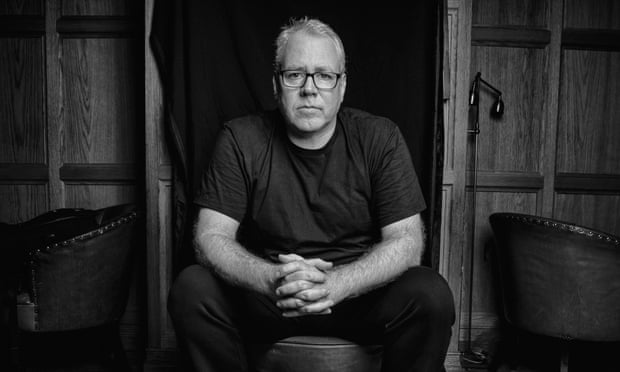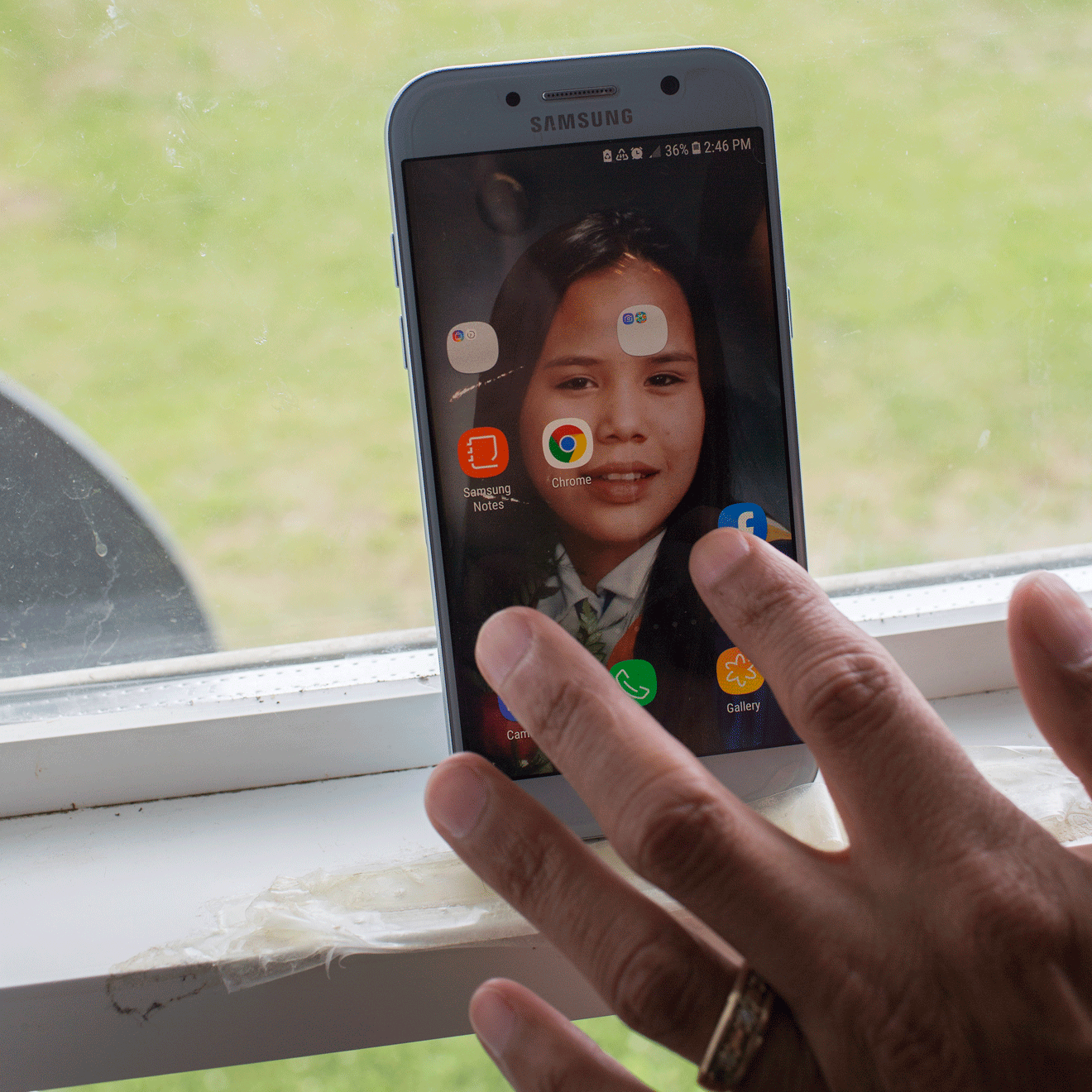IT IS, in fact, possible to have a decent time on Goodreads. You just have to ignore everything about the way the site is designed and how you’re supposed to use it. When I first signed up in early 2012, I obeyed all the prompts. I populated my “to-read” shelf with the platform’s recommendations. I followed the pages of my favourite writers, as if Nabokov and Kafka were going to start posting updates. I papered my profile with quotes by Sigmund Freud and Philip Roth and deadpanned that my favourite books were simply “the big ones.” I didn’t mind all the beige, the slowness of the search feature, the sense that, if I turned around too quickly, I might catch the platform taking a nap. The site catered to my undergraduate hunger for pretension, my need to perform my taste—a flame it continues to fan very capably in its users.
Gradually, things started to go off the rails. My to-read list ballooned alarmingly, not from titles I felt drawn to out of genuine desire but ones the algorithm pushed on me. The thrill of discovery, too, felt compromised: every time my feed told me a friend had added a book that I’d found first, I felt a frisson of annoyance. Have some imagination. Then, after I posted a review of a recently published novel, the author reached out to thank me for it. I froze. The review had been positive, but that wasn’t the point—I thought this was a private party, not the town square. There were writers here? Just hanging around and watching us? The pressure to moderate my ratings for an invisible audience was immediate. It was one thing to show off for my friends; this felt like a reminder that the stakes were people’s livelihoods. It was my first hint that Goodreads wasn’t—or wasn’t only—a place for readers to gather and connect. It was trying to cater to authors and publishers too—groups whose priorities are very different.
Read the rest of this article at: The Walrus
For two centuries, London’s buildings were black. Blanketed in sulphurous soot from coal fires – the famous London “pea souper” fogs – a thin layer of carbon coated every surface in the city. London was so dirty that there was no memory that it might ever have been any other way. During the restoration of 10 Downing Street in 1954, it was discovered that the familiar dark facade was not actually black at all, but originally yellow brick. The shock was considered too much for the country to take and the newly clean building was painted black to maintain its previous, familiar appearance.
But then, in the late 1980s and early 1990s, there was a great clean-up. For more than a decade, scaffolding surrounded landmarks like St Paul’s Cathedral, as power washers hosed the grime down into the sewers and out of sight. These days the city is russet and pale grey, silver-mirrored and blue green – the colours of brick, limestone and glass. The pollution is now polychrome: the primary residue adhering to buildings is not the black of carbon soot, but a warmer browny-yellow colour from the organic hydrocarbons in petrol and diesel fuel. As sulphate emissions from traffic fall, buildings may yet turn green as mosses and lichens grow back.
Yet you cannot just blast dust and grime off all of London’s landmarks. Westminster Hall is the oldest building in parliament, built about 900 years ago by William Rufus, son of the Norman conqueror. In 2007, architectural conservators found that its walls were being corroded by air pollution and penetrated by moisture. They reckoned it had not been cleaned in 200 years. It was time.
Read the rest of this article at: The Guardian
My earliest reading memory
The Poky Little Puppy by Janette Sebring Lowrey, illustrated by Gustaf Tenggren. I was probably four or five, and I read it with my mother in my parents’ bedroom. I still remember the drawings today as if I were back in the safety of childhood.
My favourite book growing up
Salem’s Lot by Stephen King. I read a lot of horror and SF and fantasy when I was a kid but placing vampires in a recognisable and completely realistic world was singularly terrifying, and I went back again and again.
The book that changed me as a teenager
The Sun Also Rises by Ernest Hemingway. I read it in my early teens the night before we were going to discuss it in an English class – and then read it immediately again. After staying up all night, I realised the possibilities of the novel and there was no going back to the books of my childhood. It was a before-and-after experience.
The writer who changed my mind
The New Yorker film critic Pauline Kael, who pulled me out of the burgeoning middlebrow world of my youth and showed me how trash and pop could also be invigorating and vital art and nothing to feel guilty about.
The book that made me want to be a writer
Slouching Towards Bethlehem by Joan Didion. After I read this collection of essays I understood what a sentence could do. It was the book through which I discovered how style and voice sells everything – style and voice is the meaning.
Read the rest of this article at: The Guardian
There is a noise that, for a Navy captain, may well be the worst sound imaginable—worse than the boom of cannon fire, the whistle of a missile, or the whoosh of a torpedo. That noise is the long, piercing scrape of metal against rock. It’s the sound, quite simply, of everything going wrong.
Edward Howe Watson heard that noise on September 8, 1923, at 9:05 p.m., while sitting in his ship’s quarters, directly beneath the bridge of the United States Navy destroyer Delphy. Watson was a 49-year-old naval commander—a privileged and pedigreed, blue-blooded son of an admiral, Kentucky born and Annapolis trained. A year earlier, he’d taken command of the Delphy’s entire squadron of 19 destroyers. This had been a promotion, a welcome sign of forward momentum in a long and varied Navy career. Privately, Watson told his wife that he’d have preferred a battleship. But he seemed just one promotion away from getting that too, and after that perhaps an admiralty, like his father before him.
The Delphy had left San Francisco that morning and spent the day speeding south along the coast of California. Thirteen more ships in Watson’s squadron trailed behind. The destination was their home port in San Diego. This was a training exercise—a speed trial, the sort of thing the Navy, under considerable budget pressures, hadn’t tried since the war. All day the destroyers maintained top speeds in challenging conditions: bad weather, massive waves, a civilian vessel requiring rescue. By late afternoon, no one on any of the ships could make out the coastline through the haze. Watson wasn’t concerned; he had one of the Navy’s best navigators for the Delphy’s skipper, and he was using dead reckoning—the time-tested technique of calculating location from a ship’s compass direction, estimated speed, and the amount of time traveled—to ensure that they were where they needed to be. Best of all, a rival squadron of destroyers, part of the same training exercise, were making worse time. Watson was winning the race.
Read the rest of this article at: Atavist
The week leading up to Father’s Day, in June 2013, began like any other, as Peter Basil remembers it; he’s since replayed the events in his mind like a recurring bad dream. Peter recalls standing in the kitchen of his modest split-level home in Tache, a First Nations village that lies deep in the wilderness of northern interior British Columbia. His younger sister Mackie, then in her late twenties, followed him around as he made a pot of coffee.
“Promise me you’ll take care of my baby,” Mackie asked Peter, referring to her five-year-old son.
“Yup,” he replied.
Mackie trailed Peter to the living room and sat next to him on the L-shaped couch, under high school graduation photos of her and her sisters.
“Promise me you’ll take care of my baby,” Mackie repeated to Peter.
“Yeah, geez,” he responded. “Should I be worried? Are you coming back?”
“I’ll be back,” Mackie promised.
Although Mackie seemed troubled, Peter didn’t think much of the exchange at the time. A few days later, Mackie, Peter, and Peter’s wife, Vivian, went to a nearby community to buy a cake. “Thank You Dads,” it read, next to the image of an eagle. They picked up a few groceries and stopped to check for mail. Because she had lost her ID, Mackie asked Peter to purchase two bottles of vodka for a party later that night, and then they went home. Mackie showered and sat next to Vivian. She rolled on her grey “stretchies,” Vivian said of Mackie’s leggings, and pulled on a blue T-shirt and a black hoodie with a little maple leaf logo. In photos from the time, she has black hair that fell neatly below her shoulders, a youthful face, and a playful smile.
Mackie, who went nowhere without her music, grabbed her iPod and a bottle of vodka. She promised Vivian she would be back by the next day; she planned to take her son and nephew to the park. She left before dusk and later walked to where locals were having a party. When Mackie came home a few hours later, she took the second bottle of vodka and headed up a trail, next to the house, that led out of town. Peter cracked the front door open and looked out.
Read the rest of this article at: The Walrus







